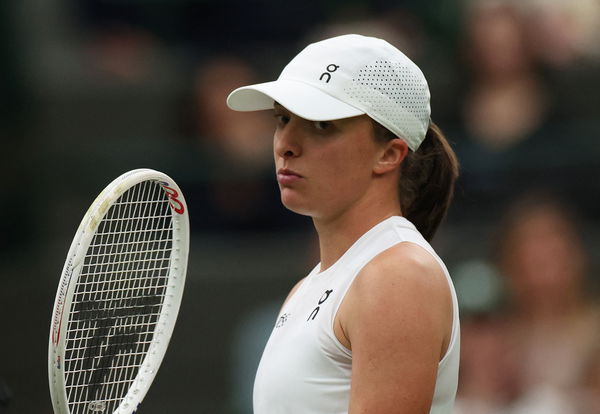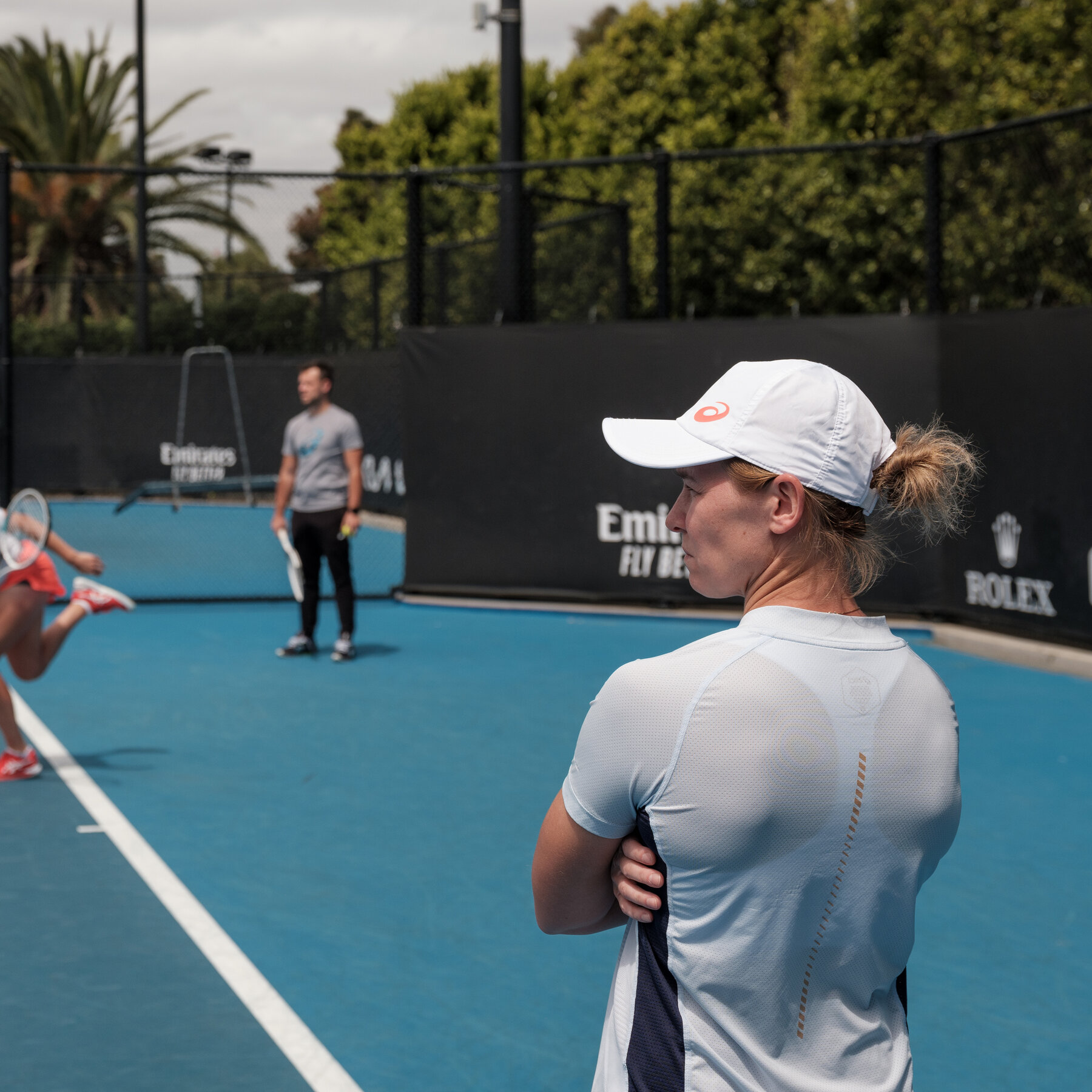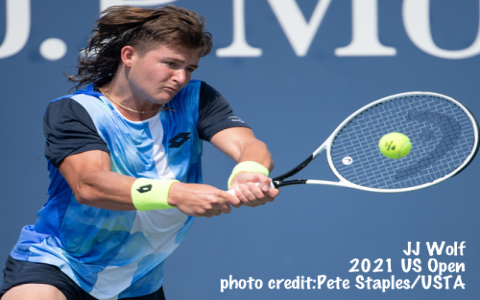In the intense world of professional tennis, Iga Swiatek has become a rising star, not only for her athletic abilities but for the remarkable mental strength she brings to the court. As Swiatek competes under mounting expectations and the pressures of top-tier tournaments, her sports psychologist plays an essential role in shaping her mindset, helping her navigate the unique challenges she faces. With this support, Swiatek has embraced a disciplined mental approach, positioning her as one of the most composed players in today’s game.

The Mental Game Behind Swiatek’s Resilience
Swiatek’s on-court composure is the result of dedicated mental training with her psychologist, who equips her with tools to stay focused and grounded. This mental preparation is crucial in high-stakes moments, where Swiatek must rely on more than just physical skill to persevere. “Learning to stay present and not let emotions take over has been transformative,” her coach shared, acknowledging how essential her psychologist’s guidance has been in refining her approach. Swiatek’s ability to focus on each point, regardless of setbacks, exemplifies this mental shift, giving her a competitive edge in tough matches.
Swiatek’s mental discipline has been on full display during recent tournaments, where she has consistently maintained her calm, even under the pressure of close, unpredictable games. Her psychologist works with her on techniques such as deep breathing, visualization, and routines designed to help her stay engaged in the moment. By concentrating on her technique and blocking out distractions, Swiatek has developed the mental resilience needed to handle the emotional ups and downs of the sport.
The Rise of Mental Health in Modern Tennis
Swiatek’s focus on mental support is part of a growing movement in tennis, where more athletes are openly acknowledging the importance of mental health in sports. This shift reflects a broader trend across professional athletics, where players are now treating mental fitness as essential to their performance. Swiatek’s openness about her work with a psychologist has inspired many within the tennis community, demonstrating that psychological support can play a decisive role in a player’s development.
For Swiatek, this support has been invaluable in maintaining balance. Her psychologist has encouraged her to view each match as a learning opportunity, helping her avoid the burnout that can come from high-pressure environments. Swiatek has commented, “Being mentally prepared helps me handle whatever the match throws at me. My psychologist’s support has been incredible in keeping me grounded and focused on improvement.” Her attitude reveals a maturity uncommon among young players, and her emphasis on growth over immediate results has helped her avoid the pitfalls of fame.
As Swiatek faces new challenges, her psychologist continues to provide her with the strategies necessary to cope with intense scrutiny. Techniques such as visualization help Swiatek manage difficult moments, like handling unforced errors or the unexpected rise of an opponent’s game. This mental clarity has been a crucial part of her game, giving her the ability to refocus quickly, rather than allowing frustration or disappointment to dictate her performance.

Swiatek’s psychologist also guides her through maintaining emotional balance during victories and defeats alike, allowing her to take each outcome in stride. Her psychologist’s influence has led Swiatek to approach the game with a sense of purpose and a commitment to personal growth, making her an inspiring example for others in the sport.
Conclusion: The Future of Mental Fortitude in Tennis
With her psychologist’s support, Iga Swiatek has developed a mental approach that not only strengthens her game but sets a powerful example in the world of sports. Her story highlights the importance of mental health and resilience in professional tennis, signaling a future where mental and physical preparation go hand-in-hand. For fans and aspiring athletes alike, Swiatek’s journey raises an important question:
Do you believe mental resilience should be prioritized alongside physical training for athletes? Share your thoughts on how mental support can transform sports performance in the comments!















